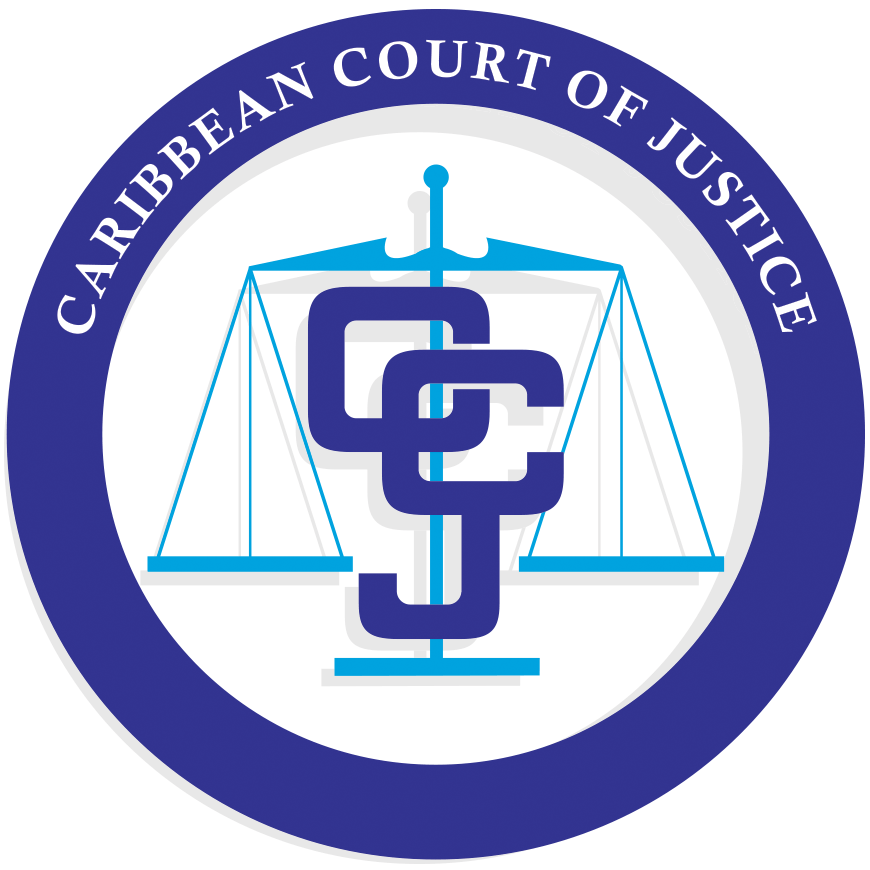Direct beneficiaries of the project include national and regional courts and their judicial officers, court administrators and court staff, who will gain skills, knowledge and competencies to enhance their performance and improve court systems with effective operational structures, policies, processes, systems and procedures that will enable them to deliver quality services to the citizens of the region.
Indirect beneficiaries will include attorneys-at- law, other practitioners, ministries, stakeholders, agencies and non-governmental organisations (NGOs) within the judicial system that must interact with the courts. The effectiveness of the judicial system will improve business interactions with the courts and enhance their ability to function to the benefit of the citizens of the region.
Ultimate beneficiaries, CARICOM citizens, the women, men, children, youth, businesses and the poor will gain improved access to courts that provide and deliver efficient and effective services that are in keeping with their needs. Eighteen (18) English-speaking Members, Associate Members and the Dutch speaking Member of CARICOM will benefit from the programming and infrastructural improvements that will be implemented under the Project. Many courts within CARICOM have common operational deficiencies; however in all of them, the JURIST Project will strengthen the rule of law, by improving the quality of court operations, access to information, and the effective delivery of services to men, women, youth and businesses. With this reform effort, the regional judiciaries are the change drivers since the Conference of Heads of Judiciary has agreed to a clear policy agenda and a more harmonized and holistic approach to reform.
Steps will be taken to ensure effective development, planning, stakeholder consultation and involvement within all judiciaries and within the sector; public engagement, regional coordination and execution of reform areas; enhanced capacity through the utilization of talent and best practices existing in the region; information-sharing and knowledge management; ongoing monitoring and evaluation; and the impetus needed to unlock the political will for implementation and sustainable development of reform initiatives, where needed. Additionally and most importantly, the reform coordination has been anchored with the Conference and the CCJ, regional institution(s) that are not only at the apex of courts in the region but understand the varying needs of its judiciaries.
During the five year life of the Project, it is expected that the various reform efforts will incrementally strengthen rule of law and judicial performance, and spur economic activities towards sustainable development of the region. It is also anticipated that the Project would bolster confidence in the justice system and contribute to a positive climate for investment, business expansion and consumers. Benefits should also accrue to Member States which depend on tourism and small businesses for job creation and to building the region’s domestic and international trade-related capacity, as it strives to deepen regional integration and strengthen the CARICOM Single Market and Economy (CSME).






